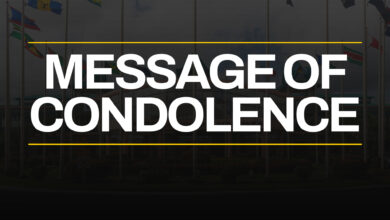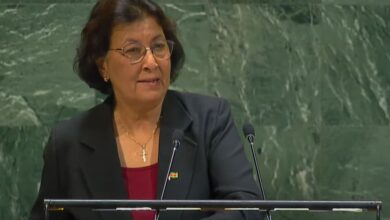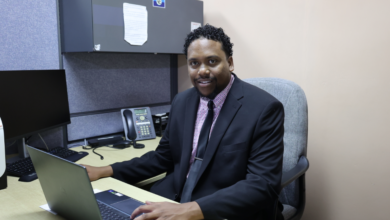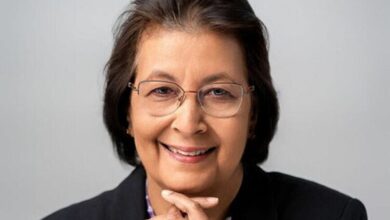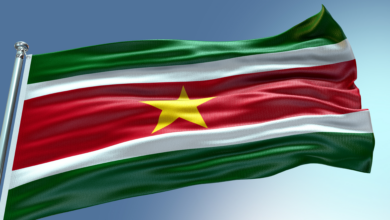A workshop to build CARICOM Member States’ capacity to implement the Nagoya Protocol on Access and Benefit Sharing is currently being hosted by the CARICOM Secretariat in Suriname. The workshop is being held, in collaboration with the ABS (Access and Benefit-Sharing) Capacity Development Initiative and theGovernment of Suriname.
Participants at the workshop include representatives of the National Focal Point agencies for the Nagoya Protocol, legal officers, and representatives of indigenous and local communities.
The workshop, which ends on Friday 4 December 2015, will include presentations, films and group activities, including a wide variety of practical exercises based on real-life and fictional cases. It also includes a field trip to the Anton De Kom University. It is being delivered as an activity under the Project for Capacity Building Related to Multilateral Environmental Agreements in African, Caribbean and Pacific Countries.
The Nagoya Protocol is a multilateral environmental agreement that came into force in October 2014. Its objective is to ensure that benefits from the use of genetic resources and associated traditional knowledge are shared fairly and equitably between the providers of the resources and the users. The term genetic resources refers to genetic material from plants, animals and micro-organisms, such as traditional herbs and plants used for medicinal purposes which can have applications in a wide range of areas, including agriculture, the cosmetics industry and the development of medicines.
Speaking at the opening ceremony for the workshop on Monday Project Coordinator, Caribbean Hub Capacity Building ACP-MEAs Dr. Therese Yarde said hosting this workshop represented the CARICOM Secretariat’s commitment to meeting the needs of the Community and to finding ways to effectively respond to the requests and expectations of its Member States. She said the workshop also demonstrated the commitment of the ABS Initiative to collaborate with the CARICOM Secretariat to build capacity in the region.
She also expressed gratitude to the European Union and the United Nations Environment Programme for their funding and support which she said has allowed the CARICOM Secretariat to work strategically and make progress over the past 6 years, in the area of biodiversity. She also used the opportunity to thank the Office of the President and Ministry of Foreign Affairs in Suriname for their assistance with logistics.
Representative from Office of the President Ms Theresa Castillion-Elder in her welcoming remarks at the opening said it was a privilege for Suriname to be the host-country for the workshop. “This workshop is not only a capacity building workshop, but also serves as an awareness tool toward the population and the Government of the Republic of Suriname regarding the Nagoya Protocol” she stated.
Mr. Mamadou Kane from the United Nations Environment Programme (UNEP), who also spoke at the opening reiterated his organization’s commitment to the environmental activities implemented by the Governments of the Caribbean Community. He said he hoped the workshop would provide a platform for the participants to dialogue and understand the key elements of ABS agreements as well as gain the necessary negotiation skills related to that area of work.
Under the Nagoya Protocol, the sharing of benefits from the use of genetic resources should ideally be carried out according to a contractual arrangement between providers and users based on mutually agreed terms. The training provided and knowledge shared at this workshop will be integral in enhancing the ability of the stakeholders involved to negotiate, for their countries or communities, a fair share of the benefits from use and commercialization of genetic resources that they provide.


